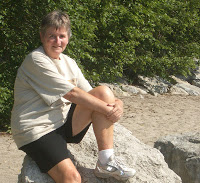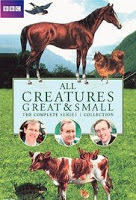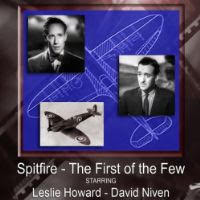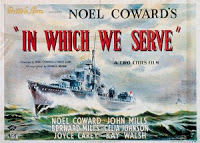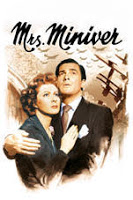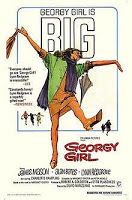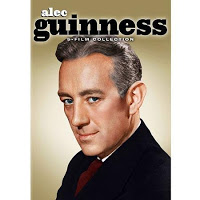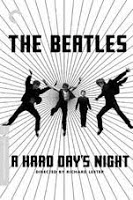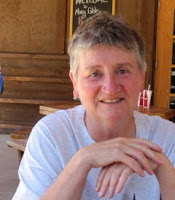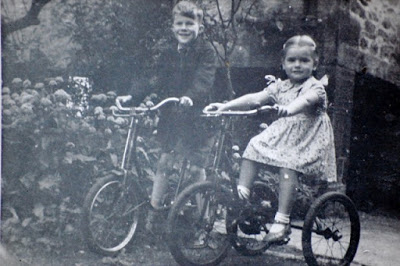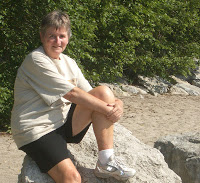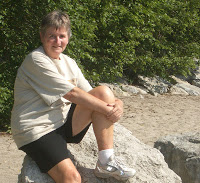Sitting on the patio writing this, I see at least twenty-five shades of green in the plants around me without really looking very hard. Several of them are in the spruce trees, though, and we call them blue, so maybe I’m cheating a little. So I’ll leave them out. Even without them there is still an amazing display of innumerable varieties of greens.
Green was my mother’s favorite color. Now, personally, sorry Mum, I find choosing one color as a favorite quite ridiculous. All colors are incredible in their endless shades of beauty. But she couldn’t help herself. She taught first graders all her life and it’s simply one of the many silly things you ask little kids. What’s your favorite color/animal/food? in turn necessitating choosing one yourself.
On the more sensible side of my mother, however, I don’t recall her ever saying anything as foolish as, be sure to eat your greens! I’m not sure that we had much concept of greens supposedly being an essential part of a healthy diet back in the distant days of my childhood.
We just ate what was available whenever it was until it was gone, and on to the next. I don’t think anyone valued green beans or lettuce over orange carrots or yellow onions.
One of my stepsons, however, went through a phase during which he abhorred all green food. I, even in my pre-destined role of evil stepmother, never insisted he eat his greens. But my husband was not to be so easily deterred from the rightness of things, and insisted.
‘But it’s greeeeen’, wailed Davie, in tears every time beans or peas, lettuce or spinach, appeared on his plate. It was not a dislike of vegetables per se, but simply anything green. This was aptly demonstrated in a masterful stroke of vindictiveness by his sister when she sweet-talked her friend’s innocent mother into making him a green birthday cake, which he greeted with howls and tears and steadfastly refused to eat.
Now, fifty years later, he grows, and eats, all manner of green things and has no memory of what it was he ever had against them.
Whatever it was I doubt it came down in his DNA because his grandmother, mother of my ex-husband, loved to cook collard greens. She fried bacon, then tossed the leaves into the pan and stirred it all up into a greasy green mess which, I am forced to confess, was delicious, though I can feel my arteries grinding to a halt just at the memory.
These days, of course, green is synonymous with healthy: good. We have MAD Greens restaurants, and Green Superfood for sale, the Green Ride to DIA, the U.S. Green Building Council, and green energy. We even have a Green Party to vote for in November. Green is in; green is good.
But I wouldn’t be too sure it will last. After all, we have a long history of believing that the grass is always greener somewhere else!
© August 2016
About the Author
I was born and raised in England. After graduation from college there, I moved to the U.S. and, having discovered Colorado, never left. I have lived in the Denver-Boulder area since 1965, working for 30 years at IBM. I married, raised four stepchildren, then got divorced after finally, in my forties, accepting myself as a lesbian. I have been with my wonderful partner Betsy for thirty years. We have been married since 2013.

